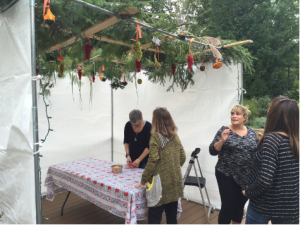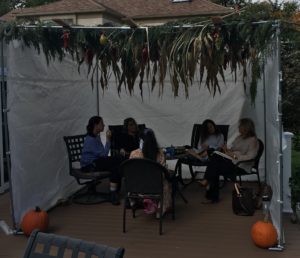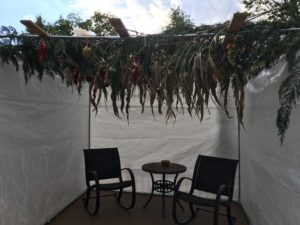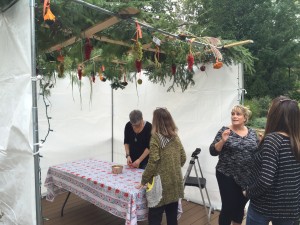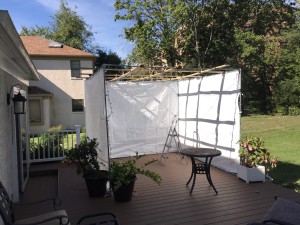This Shabbat is different. The feelings of vulnerability evoked by Sukkot underscore October Rain. Shulem Lemmer shares his rendition here.
In these times, when we’re focused on not drowning in the hurricane of hatred and antisemitism, our personal feelings often take a backseat. Since that dreadful day in October, our hearts and minds have been solely focused on our land and people. From the moment I heard this song, I felt compelled to cover it, as it conveyed so much of what we’ve struggled to express in recent months. (continued below).
Shabbat Shalom
The original “October Rain” was deemed “too political” for the world stage, leading to the release of a more neutral version, “Hurricane.” I am sharing “October Rain” in its raw, authentic form to voice our nation’s true sentiments. May the floods dry up with the warm sunshine of Moshiach’s arrival!
Lyrics: Writers of the history Stand with me Look into my eyes and see People go away but never say goodbye Someone stole the moon tonight Took my light Everything is black and white Who’s the fool who told you boys don’t cry? Hours and hours and flowers Life is no game for the cowards Why does the time go wild Every day I’m losing my mind Holding on in this mysterious ride Dancing in the storm We got nothing to hide Take me home And leave the world behind And I promise you that never again I’m still wet from this October rain October rain Living in a fantasy Ecstasy Everything is meant to be We shall pass but love will never die Hours and hours and flowers Life is no game for the cowards Why does the time go wild Every day I’m losing my mind Holding on in this mysterious ride Dancing in the storm We got nothing to hide Take me home And leave the world behind And I promise you that never again I’m still wet from this October rain October rain October rain
לא צריך מילים גדולות רק תפילות אפילו כשקשה לראות תמיד אתה משאיר לי אור אחד קטן

